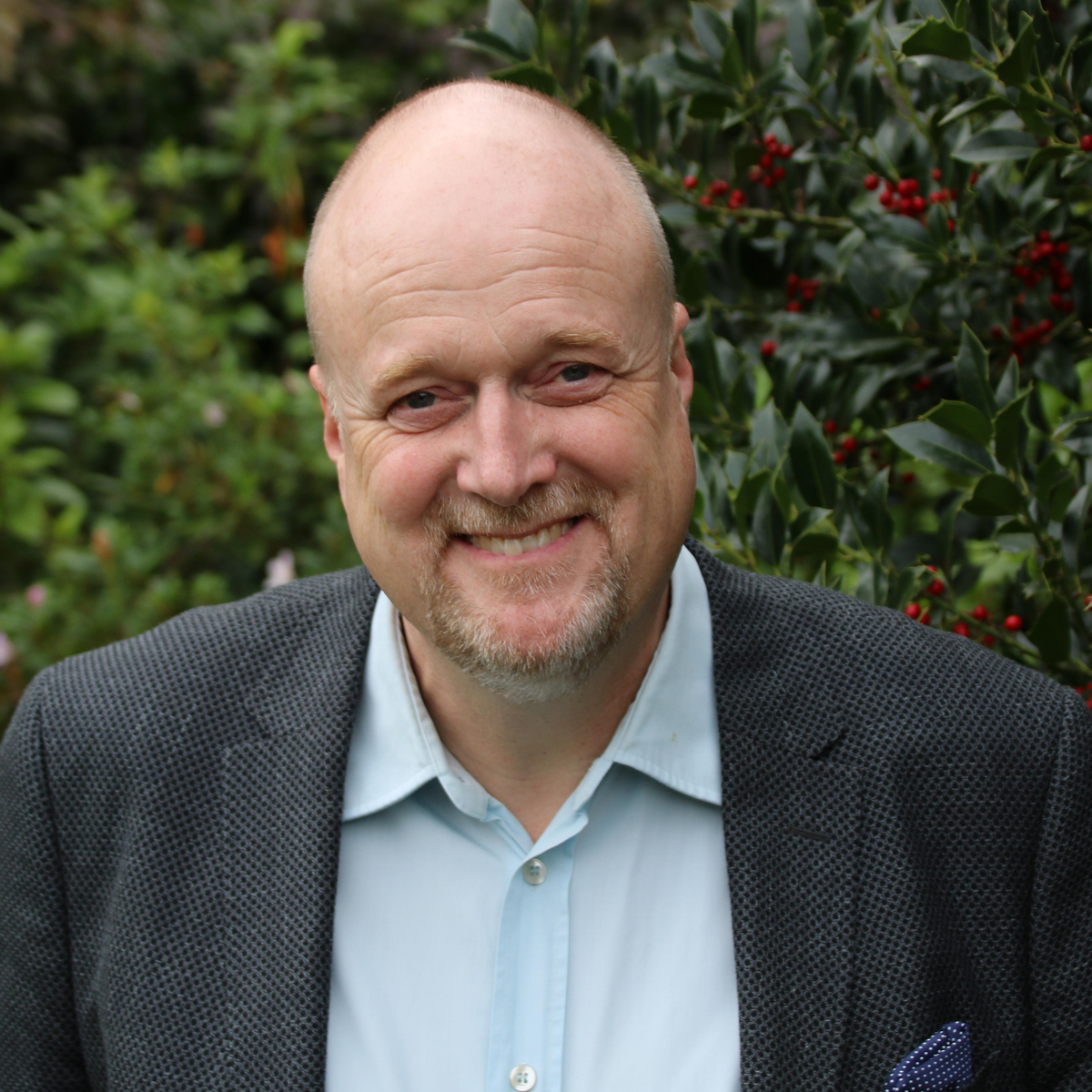Background
Traditional exposure assessment is based on the assumption that environmental pressures at the addresses or static monitors nearby the addresses may be used as proxies for personal exposures. The unique asset of BERTHA research projects is the application of dynamic exposure profiles accounting for time-activity pattern by tracking of people through the various microenvironments they meet in daily life. This allows us furthermore to examine sociodemographic differences in detail.
Data
Exposure data will be obtained from both measurements and modelling. Measurements will include data from both routine monitoring and field experimental work using personalised sensors (see WP6). The modelling will be performed using the AirGIS system for calculating air pollution and noise exposures. Assessment of exposures for selected cohorts covering the entire Denmark will make it possible to look at how these associate with sociodemographic differences and investigate urban well-being (heat islands, noise, air pollution) with scenarios of effect of green urban design.
Methods
We seek to accurately quantify exposures to environmental pressures (air pollution, noise and drinking water) using dynamic and novel methodologies in data collections and analyses. We obtain the exposure profiles from an integrated assessment approach combining measurements and model calculations. AirGIS makes use of a suite of state-of-the-art chemistry-transport models (CTMs) on scales from hemispheric transport down to dispersion and chemistry in single streets. A state-of-the-art road traffic noise-model will be added to the suite of tools in AirGIS. The exposure modelling system will be tested by comparisons to personal exposure measurements obtained in WP6, but also data from routine monitoring will be applied. Calculations and measurements will be performed for at least three cohorts (see details on the cohorts in work package on personalised sensors ).
Current projects
There is no ongoing projects yet
Potential topics for new PhD or Post Doc projects
- Integrated assessment of Air Pollution and Noise Exposure – combined modelling and monitoring
- Integrating agent based modelling and chemistry-transport modelling of air pollution and noise exposure
Affiliated project
- NordicWelFair (2015-2020): Understanding the link between Air pollution and Distribution of related Health Impacts and Welfare in the Nordic countries. The project funded by Nordforsk by 30 million NOK (Coordinated by Camilla Geels and Jørgen Brandt Environmental Science, AU).
- ELAPSE (2016-2019): Health effects of low level air pollution. Project funded by Health Effect Institute (HEI) in the US by 2.14 mill US $ (Coordinated by Bert Brunekreef, Utrecht University, the Netherlands).
- PANDA (2018-2022): Air-pollution risk for Autism and ADHD - cross-disorder insights and genetic liability. Project funded by National Institute of Health (NIH) by 2.98 mill US $ (Coordinated by Amy Kalkbrenner Univ Wisconsin Milwaukee)
- HERMES (2019-2020): Health Effects of Air Pollution Noise and Socioeconomic Effects. Project funded by Health Effect Institute (HEI) in the US by one mill US $ (Coordinated by Ole Raaschou-Nielsen, Danish Cancer Society).
- NORDSOUND (2017-2021). Project funded by Fordforsk by 1.5 mill NOK (Coordinated by Mette Sørensen, Danish Cancer Society)
- Air Quality and Noise Exposure Modelling System PhD study by Jibran Khan (Supervisors Matthias Ketzel Environmental Science, AU & Konstantinos Kakosimos, Texas A&M University at Qatar)
- Air Pollution Exposure and Risk of ALS. Project funded by Health Effect Institute (HEI) in the US (Coordinated by Ole Raaschou-Nielsen, Danish Cancer Society)
- Impact of Exposure to Air Pollution on Asthma: A Multi-Exposure Assessment. Project funded by Health Effect Institute (HEI) in the US (Rosenblith Award) (Coordinated by Marie Pedersen, Copenhagen University)
- Air pollution and autism in DK. Project funded by National Institute of Health (NIH) (Coordinated by Ole Raaschou-Nielsen, Danish Cancer Society)
